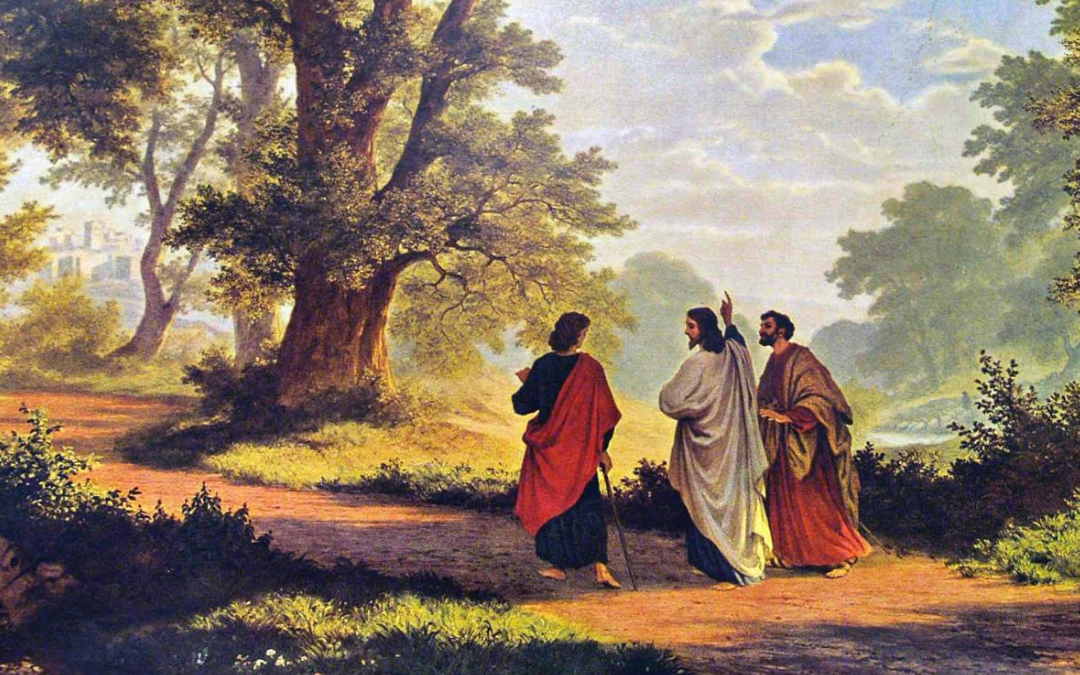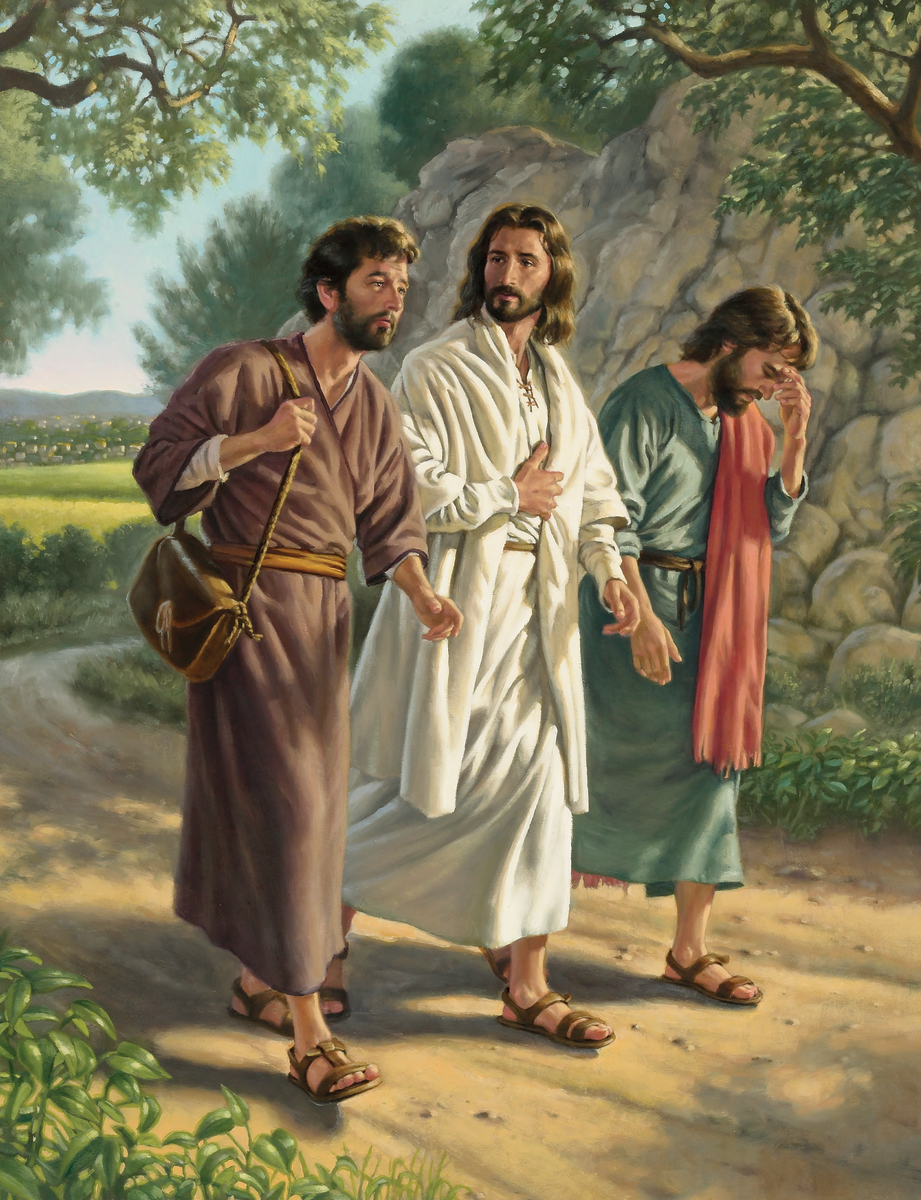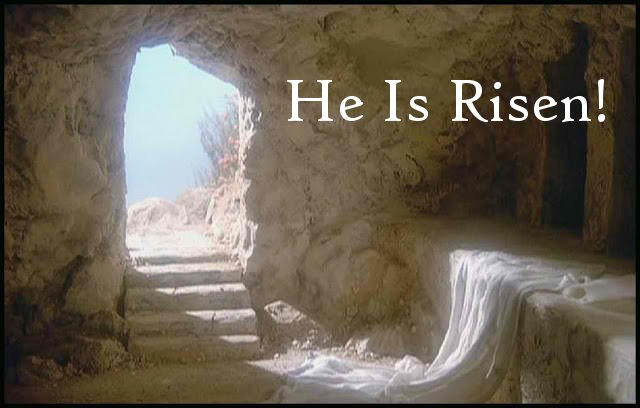
Dear brothers and sisters in Christ, today the Church celebrates the occasion of the Feast of St. Joseph the Worker, the Patron saint of all workers and all those who labor in this world, in conjunction with the secular celebration of the Labor Day or May Day. This Feast was instituted by the great Pope Pius XII in the year of 1955, during the time when the threat of Communism was rising everywhere in the world, with many Christians and people all around the world oppressed by Communist regimes and governments, and others yet having dangerous Communist movements and uprisings that were aiming to destroy the Christian faith, the Church and the belief in God. The atheistic Communists thought that they could overcome God and His Church, but the Lord showed them through this Feast of St. Joseph the Worker, that their belief and understanding of labor was truly flawed and inadequate, and one that the world should be wary about.
As compared to the soulless, empty and futile celebration of human and worldly labor in the Labor and May Day commemorations, and the glorification of worldly achievements and desires, which is the way how the Communists and the secular world tend to celebrate this day, and for the former which focused a lot on the matter of class struggle between the workers against the so-called more privileged classes, the true commemoration of labor and work as we celebrate today is not by focusing on ourselves and on our worldly achievements. Instead, St. Joseph as the Patron of the whole Universal Church, the foster-father of Our Lord and Savior, is also the role model and patron for all the workers of the world. In his virtues and inspirational way of life, serves as a good example and shining beacon to help and guide us down the right path in life.
St. Joseph in his dedication to the Lord, his righteousness and virtues, and in his simple but honest living as a humble and unassuming carpenter in his village of Nazareth, is the perfect role model for all of us as Christians in our work life and ethics. Instead of the endless pursuits of worldly desires, achievements, ambitions and other forms of desires and pleasures of this world, as is common in our world today, as it has been in the past, St. Joseph showed us all what true workmanship is like, and he also reminds us what our labors and works are actually for. Many of us did not understand and realize what we should be doing in reconciling and harmonizing our Christian faith with our work life and ethics. St. Joseph, the holy patron of the Church and all workers is our perfect guide to help and guide us down the right path, that we do not end up falling into the wrong ways in this life.
The job of a carpenter is a tough and often unappreciated one. Carpenters were important then as it is today because they made the important tools required in many aspects of life, especially in agriculture and husbandry, in taking care of the crops and the animals. However, despite the importance of the carpenter’s role, nobody usually remembered or thanked the carpenter, and they were usually treated with indifference, or even contempt and disgust. Carpenters were looked down upon and considered as a low-paying job and one that did not bring about prestige and good living. Yet, without them and their works, the society could not have survived or functioned properly as it was. St. Joseph, amidst all these, worked humbly, lived righteously and justly, and became a great role model and father figure not only for Our Lord Jesus Christ, His foster Son, but also to all of us as Christians.
In today’s Scripture readings, we heard of the works that the Lord our God, our Creator and Master Himself had done, in making us and in bringing us to life. In our first reading today, from the Mass of St. Joseph, we heard of the account of the creation of Man, how God made our first forebears and then placed everything under our care, stewardship and dominion, and then rested from all of His labors at the end of His work. In that passage, we can clearly see how the Lord’s own works in creating the world is also likened to that of a craftsman, and a carpenter. God is indeed the One Who had crafted and made the world, and He had patiently created us all, cared for us and provided for us all throughout despite our constant rebelliousness and unwillingness to listen to Him and obey His Law and commandments. Like St. Joseph, who as a carpenter, was looked down upon, we tend to do the same to the Lord as well, ignoring and abandoning Him, and only remembering Him when we have need of Him.
Not only that, but the Lord Himself has willingly then come down upon us as we all know it, in Jesus Christ, the Son of God, sent into this world. He was born of His mother Mary, and became the Son of a humble and upright carpenter, St. Joseph himself. From St. Joseph, the Lord likely learned the virtue of obedience and also other good and virtuous values and deeds, which we ourselves should take heed of and follow as well in our own lives. This same Jesus Christ, Our Lord and Savior, would go on to bear His Cross, bearing the whole burden of our many and innumerable sins and punishments due to those sins, obediently following the will of His heavenly Father, and doing all just as how His foster father, St. Joseph, the model of all workers, has shown and taught Him earlier on in His life.
Brothers and sisters in Christ, let us all therefore be inspired as well by the good examples showed by St. Joseph, holy worker and man of God, in all of his righteousness and virtuous life. Let us all commit ourselves to the Lord anew in the same manner as St. Joseph had committed himself, and let us all come closer to the Lord and carry on living our lives in the best way possible, as virtuous and faithful Christians, in doing God’s will and in living our lives to the best of our ability, in proclaiming God’s love and truth in our respective communities, now and henceforth. Each and every one of us have our part to play as Christians, to be exemplary and faithful in our daily living, and to inspire each other to walk ever more faithfully in God’s Presence, to live as how St. Joseph had once lived his life, with virtue and devotion to God. Let our work glorify the Lord and not for our own personal glorification or for the pursuit of our own selfish ambitions.
May the Risen Lord continue to bless each and every one of us, and guide us in our works and ministry, and with the intercession from St. Joseph, His foster father, the patron and model of all workers, may all of us who labor and work continue to be reminded to do our work in accordance with God’s will and in line with our Christian faith and beliefs, and to carry on our works with consideration and care for others all around us. May God be with us all and with His Church, now and always, forevermore. Amen.
Homily by: https://petercanisiusmichaeldavidkang.com/tag/feast-of-st-joseph-the-worker/











